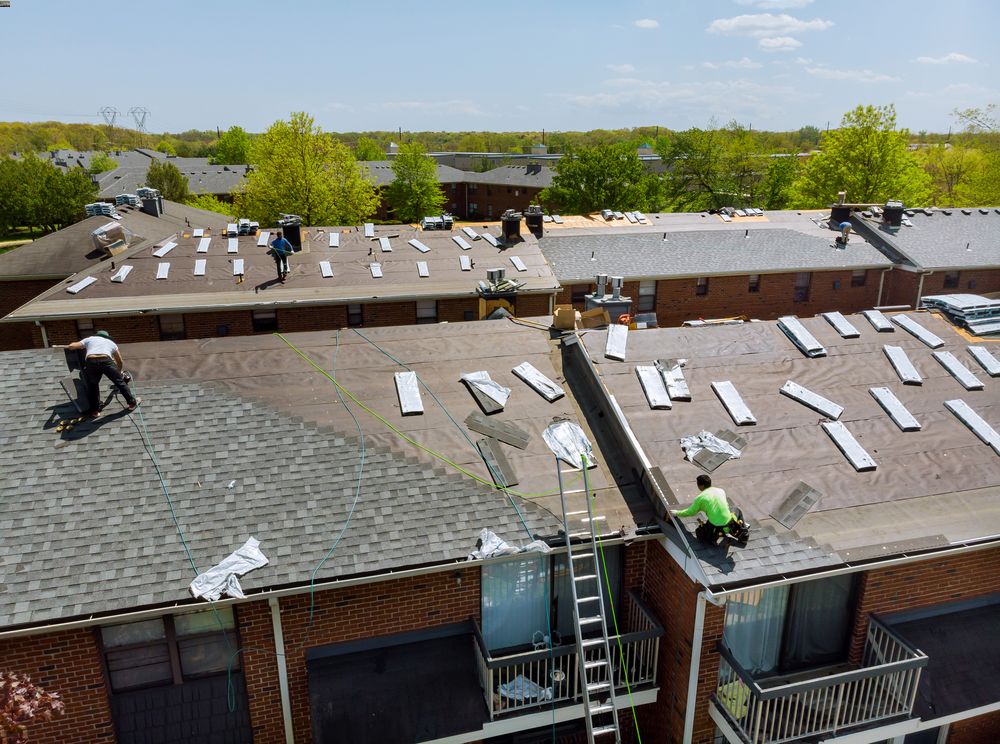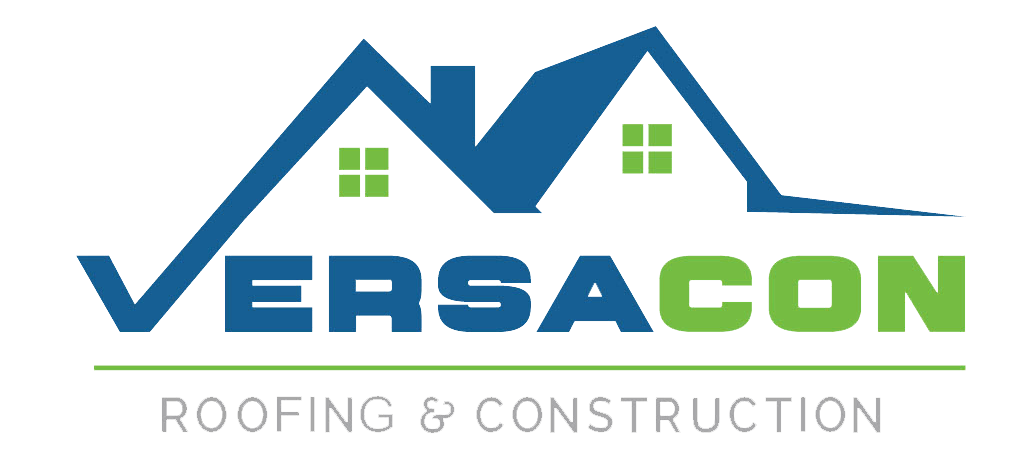Roofing is more than just hammering shingles; it’s about ensuring safety, quality, and compliance with local regulations. If you’re a roofer in Wichita, you might wonder if you need a professional roofing license or insurance. In this post, we’ll explore the licensing and insurance requirements for roofers in the Wichita area, offering guidance to help you and your business stay on the right side of the law while providing top-notch service to your clients.

Licensing Requirements for Roofers in Kansas
While Kansas doesn’t mandate a specific roofing license, the Kansas Roofing Registration Act requires roofing contractors to obtain a roofing contractor registration certificate. This certificate, provided by the Kansas Attorney General, is necessary for those offering roofing services for a fee.
Some cities and counties in Kansas have additional requirements for roofers. In Lawrence, for example, a Class D Roofing Contractor license is necessary. Johnson County also requires a Class DR Roofing Contractor license. Meanwhile, in Sedgwick County and Wichita, the requirements vary. Depending on the building type, you might need a Class A General Contractor license, Class B Building Contractor license, or Class C Residential Contractor license.
Being aware of these local contractor license requirements is crucial. Each city or town may have its own set of rules, so always check the specific needs for the location where you plan to work. Obtaining the proper licenses ensures you’re legally protected and enhances your credibility with potential clients.
Importance of General Liability Insurance
In Kansas, general liability insurance is a must for most contractors. Coverage typically ranges from $300,000 to $1 million, ensuring that you’re protected from financial loss due to accidents or lawsuits. The insurance cost will depend on the size of your business and the nature of your work. For example, a larger roofing company handling significant commercial projects might face higher premiums than a smaller operation focused on residential repairs.
Having general liability insurance not only protects your company but also provides peace of mind to your clients. They can feel confident knowing that any mishaps or damages occurring during the roofing process will be covered. It’s a win-win for both parties, fostering trust and encouraging more business opportunities.
Workers’ Compensation Insurance for Roofers
If you have employees, workers’ compensation insurance is essential. This insurance covers job-related injuries, providing medical benefits and wage replacement to injured workers. It’s a legal requirement that safeguards your employees and your business, ensuring that workers receive the support they need without draining your financial resources.
Imagine a scenario where a worker gets injured while on a rooftop. Without workers’ compensation insurance, your company could face significant liability, potentially jeopardizing your financial stability. With it, you can focus on your work, knowing that you’re prepared for any eventuality. Plus, employees feel more secure, knowing they have coverage in case of an accident.
The Role of Surety Bonds
Another financial safeguard for roofers is the surety bond. These bonds, which can cost between 1% and 5% of the bond amount per year, serve as a guarantee of your professional obligations. They assure clients that you will adhere to local regulations and complete projects as agreed.
Surety bonds are particularly important for larger projects where clients want additional security that the work will be completed to specifications. They signal professionalism and reliability, characteristics that are invaluable in the competitive roofing industry. By investing in a surety bond, you’re showing potential clients that you stand by your work.
How to Verify Roofing Credentials in Wichita
Choosing the right roofing company is crucial for homeowners and businesses alike. One of the simplest ways to ensure that you’re working with a reputable provider is to verify their credentials online. Many local government websites offer databases where you can check a contractor’s license and insurance status.
For example, the Wichita city website provides resources for checking contractor licenses, ensuring transparency and trust in the local business community. Clients can also request proof of insurance directly from contractors or ask for references to verify past work quality. Taking these steps can help avoid potential pitfalls and ensure a smooth roofing experience.
Conclusion
Navigating the world of roofing licenses and insurance can seem daunting, but understanding these requirements is crucial for any roofer in Wichita. Licensing ensures compliance with local regulations, while insurance protects both your business and your clients from unforeseen events.
At VersaCon Roofing & Construction, we’re committed to roofing excellence and compliance with all licensing and insurance standards. If you have questions or need assistance with your roofing needs, our team in Wichita is here to help. Reach out today to learn more about how we can ensure your roof is in its best condition.
